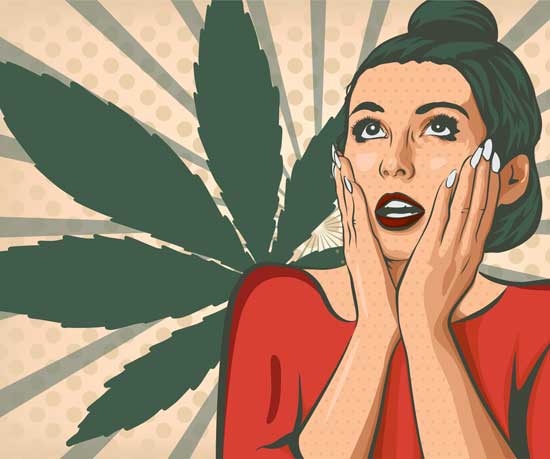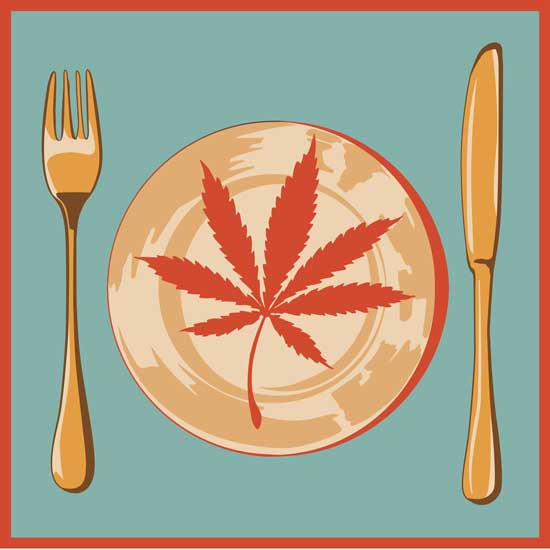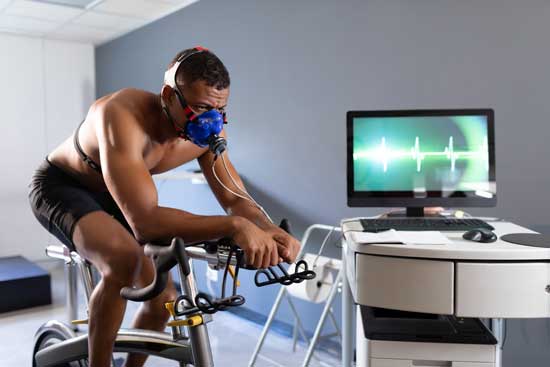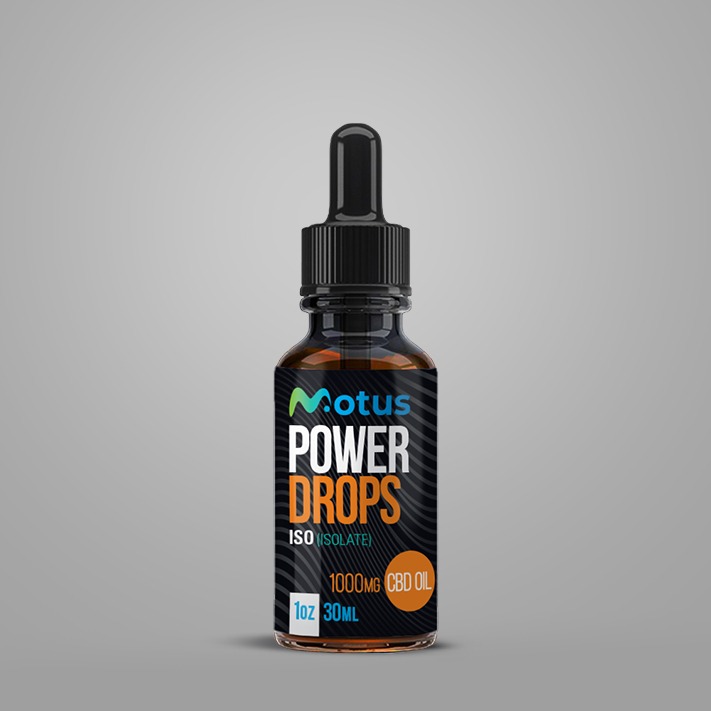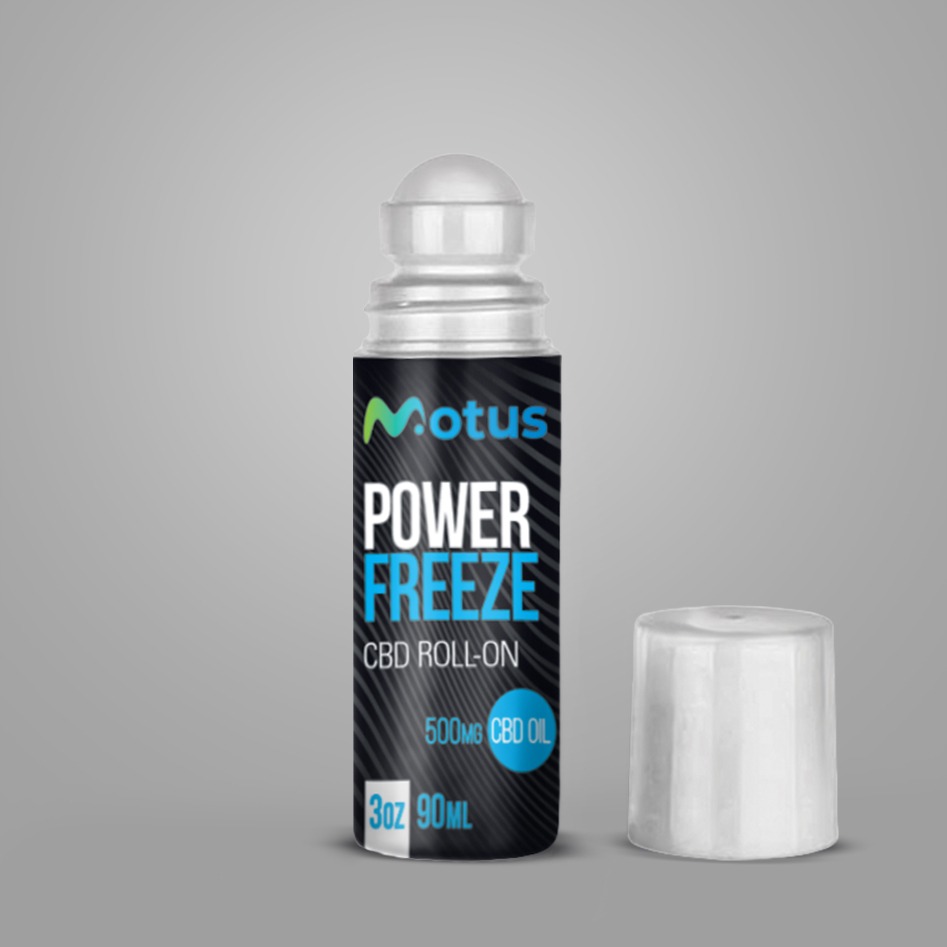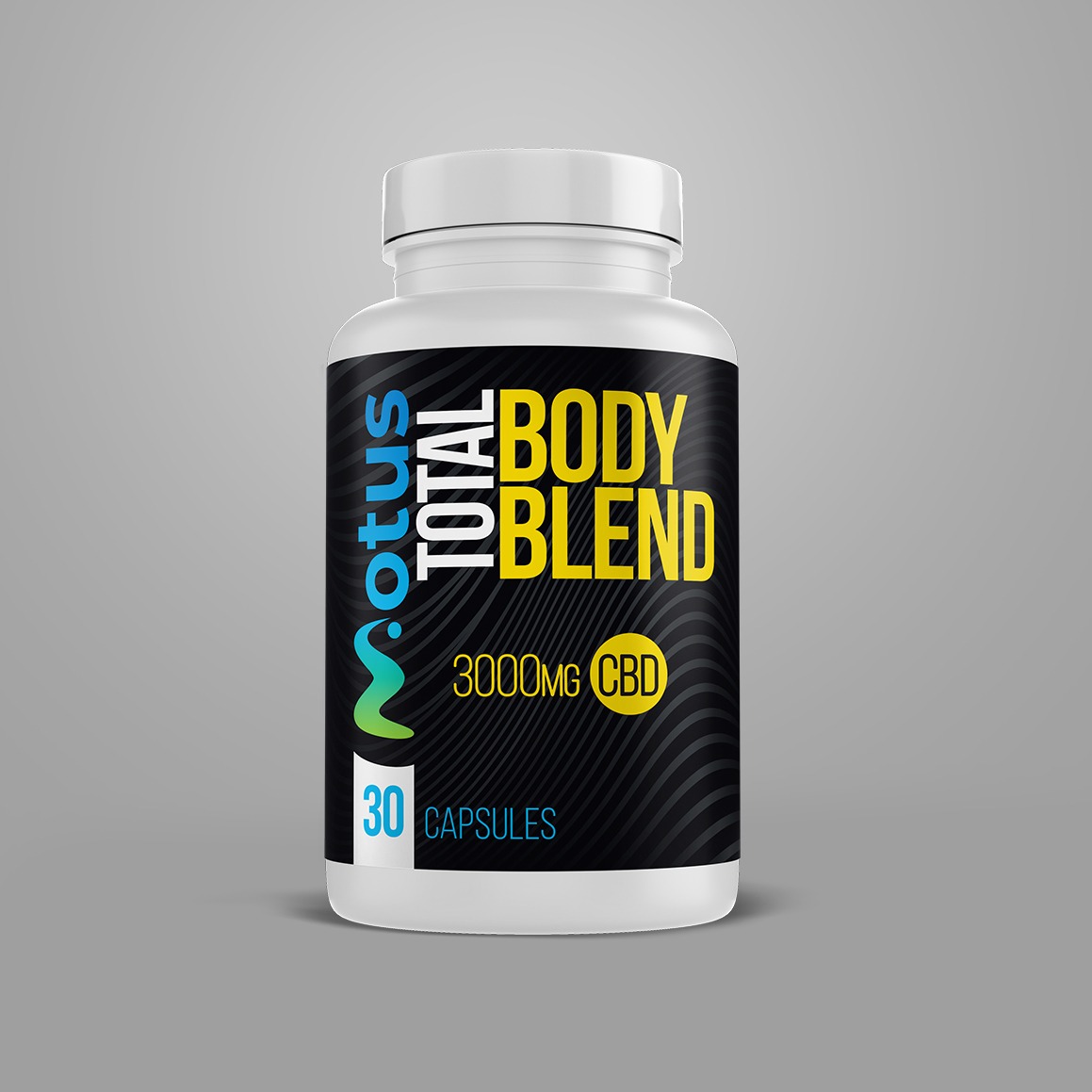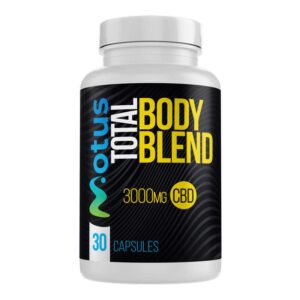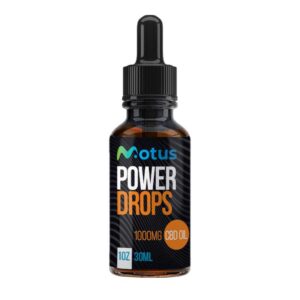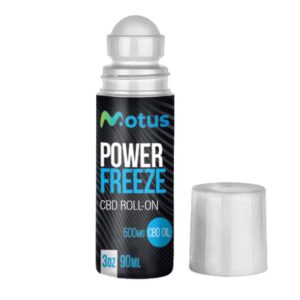This just in… Breaking News! CBD, otherwise known as “Cannabidiol”, is rampaging across the nation and improving everyone’s health! This plant compound from hemp is unstoppable!… Okay, it’s not the actual headline from your local news channel, but there’s no denying the popular surge in CBD use across the United States. Hemp-derived CBD, in its many forms, is quickly becoming the most popular natural remedy on the market. Why? Let’s take a peek at this exclusive scoop and see what all the buzz is about.
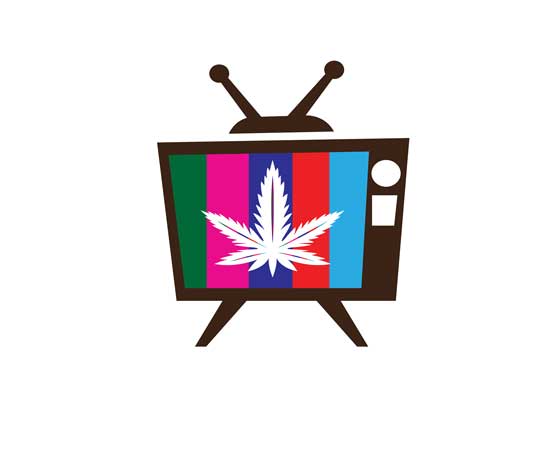
Cannabis, hemp, and their very popular cousin hops are the breadwinners of the Cannabaceae plant family. Unlike their older brother Hops, both Hemp & Cannabis have been through a lot of scrutiny over the past 100 years – both were largely unregulated, but not illegal until The Narcotics Drug Act in 1923. The Act was an amendment from the original efforts to prohibit opium and a host of other substances, and cannabis and hemp were only included in the final weeks leading up to the Narcotics Act being put into official legislation. This last-minute, knee-jerk reaction by the US & Canadian Governments to include cannabis & hemp on the Restricted Substances List put a lot of hemp farmers and medical cannabis users at odds with the law, seemingly overnight and without warning. Hemp, in fact, was only included in the act due to the misunderstanding about its relation to cannabis – not much research had gone into its genetic differences with cannabis, and therefore it was “lumped in” with its more stigmatized cousin.
Since the 1920’s, cannabis continued to grow (no pun intended) in popularity, but only in the shadows as an “illicit, narcotic substance”. Many people remember the days of “Reefer Madness” where the “devil’s lettuce” was demonized by government propaganda commercials, radio and print media ads warning the good people of America about this “dangerous and destructive weed”. Hemp, on the other side of the fence, quietly persisted in some regions across the globe, and certain agricultural groups cultivated it in small amounts with licenses and strict guidelines for what it could be used for. Hemp seed oil, hemp fiber for textiles or rope and various other industrial uses kept this plant from lingering in the shadows like its infamous relative, but nonetheless it was not widely available or accessible for the last century.
2018 was an incredibly transformative year for both of these much-maligned plants, with cannabis Federally legalized in Canada and Hemp recently Federally approved by the United States. They have made a profound comeback into the public domain, and although they were not necessarily partners-in-crime, hemp and cannabis are riding in tandem on this wave of interest in their medical properties. Enter, the real star of the ‘Cannabaceae Show’: C-B-D.
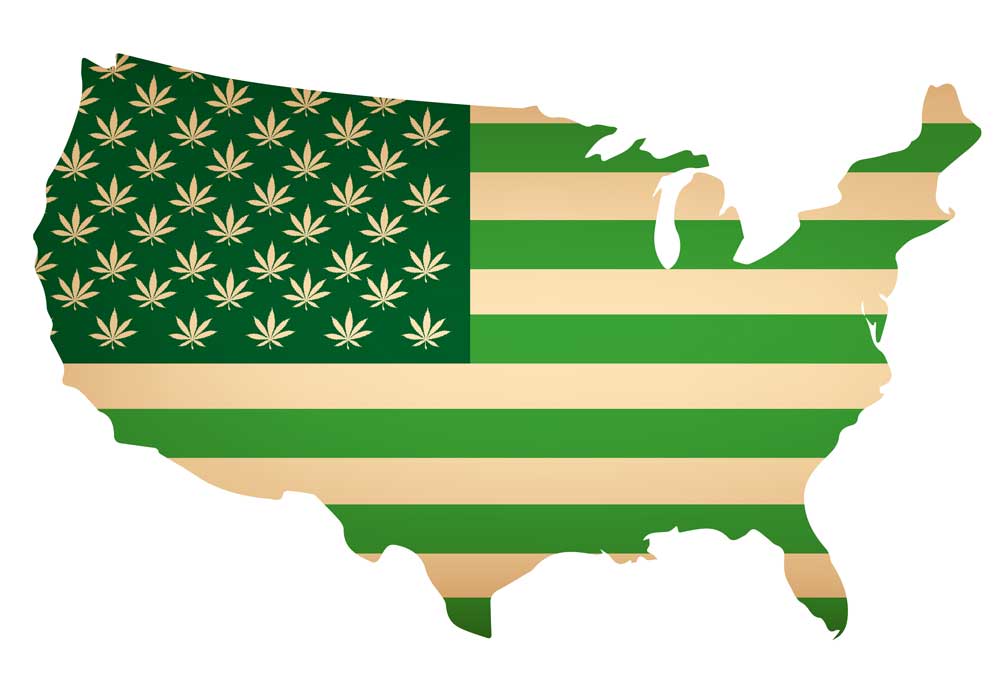
CBD, officially known as Cannabidiol, is a revolutionary plant compound called a cannabinoid. THC, the primary cause for the psychoactive (“high”) effects of consuming cannabis, is also a cannabinoid. Despite the fact that Tetrahydrocannabinol (THC) is the stone in “stoner”, it has been used by millions of people across the globe for its abilities to fight pain, inflammation, help with sleep and promote appetite. Unlike this demonized active ingredient, CBD does not have any psychoavtive effects, but it does share many of the health benefits while bringing to the table many more of its own. One of the influencing factors in hemp’s Federal legalization in December 2018 was the fact that it is non-psychoactive; the same can be said for WADA’s (World Anti Doping Agency) decision to remove CBD from its Prohibited Substances List for professional athletes.
Cannabidiol is recognized for what it can provide humans and animals: a multitude of positive effects on our health, with very few (if any) negative side effects. Leading up to U.S. Federal Legalization of Hemp, CBD was already gaining traction at the State-level for its ability to treat a variety of serious conditions, such as epilepsy, MS, Parkinson’s and even cancer. Cannabis for medical purposes has definitely undergone a lot of development as well – 33 States have some form of legalized cannabis built into their legislature, with many more joining the push for decriminalization, and eventual legalization at the Federal level. This is a very positive development, especially considering that CBD, from both cannabis and hemp, is doing a lot of the heavy lifting in breaking down the stigmas of these misunderstood plants.
Many people have had experiences with CBD, be it personal use or through close family or friends, but what is the current/public perception of this one-of-a-kind plant compound? As always, there’s a lot of discussion – a lot of it politically charged – but the main takeaway is that Cannabidiol is generating a significant amount of positive buzz in the media. It’s not all sunshine and rainbows, but there’s a powerful push for acceptance in the worlds of social media, professional sports, and traditional media outlets (print, radio and television).
FROM BUST TO BLOOM: The New Era of Hemp CBD
When you see an ad on TV, or read an article in the magazine that there’s a “new, and exciting new drug that is going to change your life“, the average person immediately does an eye-roll and flips the channel or page. Today, we are inundated with health trends, new products and an endless barrage of “experts” that try to convince us that the one thing missing in our lives is some new breakthrough only they’re selling. Some of this narrative in the world of personal health has led to positive developments – for instance, the proliferation of natural health supplements has forced pharmaceutical companies to take these products seriously, leading to a lot of research and new products from the giant corporations. Nonetheless, the Dr. Oz’s, Dietary Fads, and “Miracle Pills” of the modern era have made a lot of people cynical about any new developments in the pursuit of good health (and for good reason).
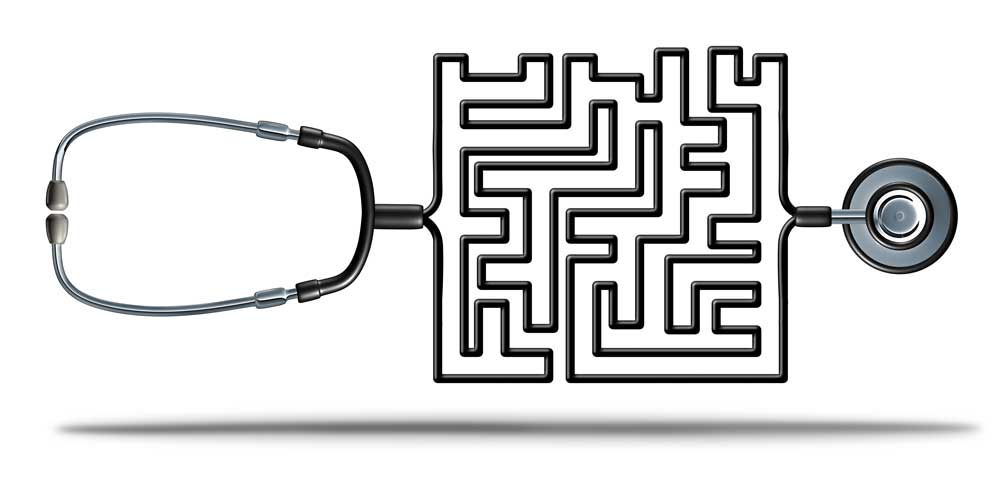
On top of this deluge of information about “your health”, there’s only so much time, money and energy in a day that anyone can spend on improving their health. For some people, health is a priority while for many others it’s the complete opposite: something you worry about only when something goes wrong. Many Americans simply try to eat good and stay as active as their work-life balance permits, but for a lot of people the last thing on their list of “things to buy” are health products. This is most likely due to the sheer cost of these kinds of products; $80 for a bottle of organic, non-GMO, gluten free, timed-release, nanotechnology vitamins is not out of the ordinary in the world of health supplements.
Combine these astronomical costs with the over-stimulation in the media about the latest health crazes, and you’ve got yourself a perfect storm of negativity when it comes to new products in the world of health. This was very much the case when CBD started getting attention on the news and in print.
CBD, even if it was hemp-derived, was unfairly associated with cannabis in the early stages of its comeback. Not only did this “natural plant remedy” have an uphill battle because the recent chaos of modern health products, but it also had to contend with the stigmas of marijuana association. Health professionals were caught in a rock-and-a-hard-place with Cannabidiol, because even if they had some experience with CBD’s efficacy for some serious ailments, they were unable to promote it due to the lack of medical research (which was restricted in turn, due to its status as an illicit substance throughout most of the country).
The primary media outlets – TV, newspapers, magazines, radio and social media – understood the popularity of CBD but decided to take the safe route with its sudden resurgence. Most reports, articles or posts about CBD in the early 2010’s talked about this “new and popular natural medicine”, but would often undercut the credibility of its effectiveness by focusing on “the lack of official research and approval of the FDA”. These media companies can’t really be faulted for reacting in this way, because they were right – there was a large gap between the popularity of CBD among the public and the medical community’s support. Nevertheless, CBD has had to contend with this besmirchment right out of the gate.
All things considered, this was nothing new for hemp CBD; it’s had to suffer under the weight of cannabis stigmas ever since the 1920’s, so this rhetoric of “it’s popular, but it’s not recognized” for almost a century. Cannabidiol continued to soldier on, gaining traction in the “media undergrounds” of certain social media channels like Reddit, and consistently growing in prevalence on many blog sites. CBD has always relied on “personal experience” over “professional acceptance”, and for this reason it’s become a “remedy of the people”, so to speak. The right to access cannabis as an essential medicine has existed as the core of cannabis & hemp legalization, whether it’s at the State or Federal level. CBD was able to push through the early days of pushback from mainstream media because people are so passionate about it, and it’s earned peoples’ support because it can be so effective in a number of ways.
With a fresh serving of research, publicly accessible information, and a consumer base that is too large to ignore, the current state of CBD in the media has undergone rapid change in the ten months since legalization. Some major players are beginning to devote their attention to hemp-derived CBD, and with their endorsement comes a lot more demand from everyday people. Who’s the main audience for CBD and all its benefits? Before we look at who’s listening, let’s identify the people and organizations doing most of the talking.
CHANGING THE BELIEFS OF DOUBTERS: CBD IN SPORTS, MEDICINE AND MEDIA
There’s no shortage of attention when it comes to professional athletes and traumatic injuries. From hockey to football, and even in professional racing, traumatic brain injuries (TBI) and the degenerative effects of concussions have taken hold of the National consciousness. The shared sentiment among many former (and current) athletes is that “it’s about time” we start giving this very serious issue the attention it deserves. Personal injury, reduced quality of life, substance abuse and even premature death have occurred as a direct result of TBI, and it’s a hot-button topic that the professional sports leagues are being forced to reckon with.
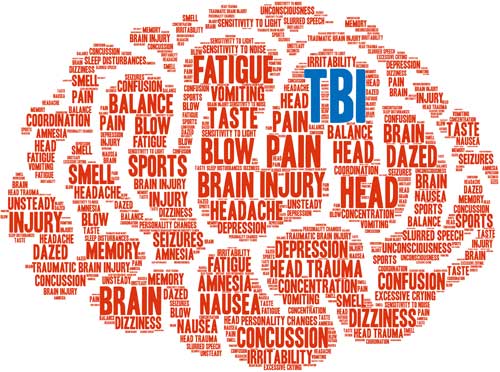
CBD is used for many ailments, but chief among its proponents are the people who rely on it for supporting mental focus and brain health. Cannabidiol, as we’ve stated over-and-over, still requires a ton of research before it can medically defined, but the consensus on its effectiveness as a treatment for anxiety, stress, sleep and mood balancing cannot be overlooked. There have been some vocal success stories of CBD being beneficial for certain neurological disorders, like Schizophrenia, depression, and assisting people with extreme phobias and social anxieties. Although there’s no direct link to Cannabidiol’s ability to heal damaged tissues of the brain, early studies show that CBD assists the body & mind by alleviating symptoms like inflammation, reducing pain, and improving the patient’s ability to sleep. All of these supportive characteristics of CBD go about the “healing factor” a lot different than your average treatments. CBD is not a cure, but it can support healthy bodily functions and provide balance, allowing a person’s body to focus on healing itself and not on combating symptoms of an injury or illness.
For these reasons, among many other physiological benefits, CBD has accrued a strong following in the NHL, NFL and other intense, contact sports. Former NHLer Mike Cammalleri and his company BioSteel have been industry-leader for a number of years with their unique approach to sports nutrition, performance and recovery. Today, BioSteel is working with numerous professional hockey players in researching the benefits of CBD sports drinks and how it can alleviate symptoms of injuries, both to the body and brain. BioSteel’s line of CBD products are approved by the National Hockey League, paving the way for a wave of CBD-infused sports products in the near future.
Unforunately for the players of the National Football League, the executives and governors of the league have not been as quick to get on board as the NHL. CBD, whether it’s from cannabis or hemp, is not an officially licensed input in the NFL, despite a lot of demands for access from professional football players. Rob Gronkowski, the famous former player and 3-time Superbowl Champion, is just one prominent figure of many that has endorsed CBD for football players. His career was cut short by injuries and the physical toll of the game on his mind & body, and yet it is ironic that only now in retirement that he’s able to publicly endorse CBD. The NFL does not allow unsanctioned products to be promoted by their players, but advocates like Gronkowski and a number of former players are crusading to have this life-saving plant compound included in the league’s approved substances.
As the medical community plays catch-up with the growing number of CBD supporters, there will continue to be a perceived gap between public officials and the public when it comes to this life-changing natural remedy. If a lot of professional athletes continue to show support for CBD, the media will follow suit which will collectively put pressure on authorities to speed up the research required to make Cannabidiol a household health supplement. CBD’s past was overshadowed with stigma and misinformation, but the future is looking more clearer by the day – and just like CBD enhancers a person’s focus and energy, America is beginning to see CBD with a lot more clarity and understanding.
HEMP CBD PRODUCTS TO HELP YOU KEEP MOVING FORWARD
With all the attention CBD has received online, many active individuals have done the research and tested out a wide variety of these kinds of products. Today, Cannabidiol is as popular at the gym as pre-workouts or pain relievers. More and more athletes are relying on CBD’s risk-free, natural healing properties to help them recover faster so they can get back to performing at their best. There’s no dangers of psychoactive effects, no long-term negative side effects, and there’s so many ways to get your CBD fix. Have you experienced the benefits of living the CBD life? Media outlets, sports professionals and a growing number of supporters are talking about the effectiveness of CBD, so it’s time to start listening.
Hemp CBD oil is a very diverse product: it can be taken under the tongue to be absorbed sublingually; it can be applied topically and rubbed onto sore or inflamed areas; and it can be added to food and drink to digested. Hemp CBD oil is a fantastic product for athletes because it is so versatile – it can be taken for an energy boost, to enhance mental focus, to improve sleep the night before a big performance, to soothe aching muscles or to reduce swelling/inflammation. CBD oil is also popular because it usually contains beneficial omegas-3-6-9. Hemp seed oil is a common carrier for CBD, and it naturally has a lot of synergistic effects with cannabidiol being from the same plant.
Why choose CBD Oil? That’s easy: there’s so many ways it can be effective for your health & fitness, it’s more difficult to think of ways that it can’t be beneficial. CBD Oil is often the first product type that newbies try, and for many of those first-timers it remains the product of choice for as long as they rely on CBD. Taking Cannabidiol under the tongue, adding it to food or drinks, rubbing it onto your skin, even putting it in cosmetic products like skin creams or shampoos, you name it and there’s probably a way to include CBD Oil. For these reasons, CBD Oil provides some of the best bang-for-your-buck, and it’s also one of the easiest products to control your dose with (a few drops, a few vials, etc). Hemp CBD Oil comes in many concentrations, but again we recommend starting at the low end (avg. 250 mg – 2000 mg per 30 ml bottle) and beginning on a slow dose (suggested use, per manufacturer).
Topicals containing hemp-derived CBD have a broad spectrum of delivery methods: creams, gels, sprays, oils and roll-on applicators. Many athletes turn to the soothing relief of a CBD topical when pain or swelling strikes, or if they are injured and they want to avoid inflammation. Roll-on applicators are a great method of easing sore muscles, as the roller distributes CBD relief to the affected area it also massages the muscles. How quickly Cannabidiol is absorbed into the skin and how long relief lasts for are very individual, but generally speaking topicals are fast acting.
Why try CBD Topicals? When you need relief quickly, to a very specific area suffering from pain, inflammation or spasms, a couple passes with a CBD Roll-on and you’ll be thankful for this on-demand remedy. Hemp CBD Topicals are fast acting, short lasting, but focused on satisfying your speedy recovery needs. A lot of fitness professionals and athletes have CBD Roll-on Applicators in their bags, for when muscle cramps, spasms, soreness or swelling strike. Professionals and amateurs alike can’t afford to lose time or progress to nagging injuries that happen all the time; they also can’t rely on pain medications so frequently, because of the long-term health risks of over-use. Cannabidiol topicals are hard working, efficient, and can go a long way in helping you reach your fitness goals, no matter what those are.
CBD capsules are literally like having the health boosting powers of CBD in the palm of your hand. Hemp CBD Capsules have to be digested, so the effects of the encapsulated CBD usually take a bit longer to take hold. Nonetheless, the duration and potency of CBD ingested in this way are usually the longest/strongest. Many athletes take CBD as an energy-boosting pre-workout, or to calm their nerves/muscles as a post-workout, but there’s always the popular method of taking it as a daily supplement too. Whatever your needs, CBD capsules are a convenient way to enhance your health.
Why take CBD Capsules? Why not? Many of us take a handful of vitamins or supplements everyday, what’s a few more caps? When you add CBD to your daily routine, you might not need so many other health & fitness supplements because Cannabidiol is so multi-faceted. CBD can help your body heal, supports your brain function, increases energy and enhances your ability to get in shape and stay fit. Hemp CBD Capsules are also very affordable, easy to take with you on the go, and they come in a variety of potency options (500 mg – 2000 mg per 30-90 capsules).

